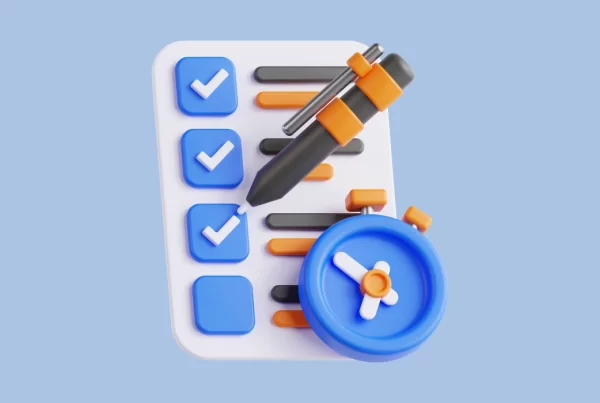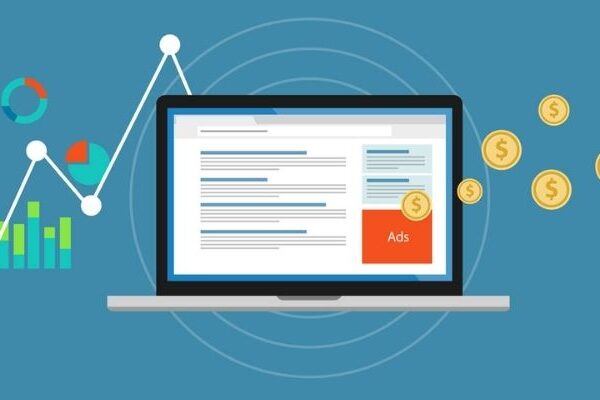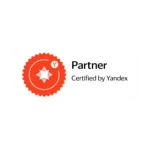Last Updated on 2 years ago by
For high sales, not only the features of the product are sufficient, but also employees who play a role in the sales phase are also very effective. Spiffs, which emerged as a sales strategy, are used to motivate employees. Sales spiffs are created to achieve the business’s short-term goals and motivate employees to sell more. Spiffs can be given in different ways such as cash, check, gift card, holiday, or subscription. In this way, the motivation of the employees increases, a healthy competitive environment is formed, and a fun business environment is created. It is one of the most ideal ways to increase both employee loyalty and sales, but it does not always guarantee success. Sales spiffs must be applied correctly to succeed. Especially at this stage, getting help from a growth hacking agency is very important in terms of reducing costs and increasing profits. When this strategy is not applied consciously, it brings more harm than profit and causes many problems to arise.
What are Sales SPIFFs?
Sales spiffs (Sales Performance Incentive Funds) are a bonus given to sales representatives. Sales representatives receive an instant bonus when selling a certain number. Although this bonus is usually financial, there may also be rewards such as holidays and gifts. It is one of the most ideal methods of motivating employees and increasing sales, especially in the short term. With this kind of incentive, it is tried to reach the targets set in the short term. This incentive can be given to employees in different ways. People or sales team groups can be awarded when a certain number of products are sold, or the targeted product is sold at a specified time. It is a method used to create a fun business environment and increase low performance.
Do Sales SPIFFs Work?

Sales spiffs are mostly a way that works when applied correctly. This incentive program, which is used to achieve goals in the short term, can motivate employees. When these awards are given as a bonus above the salary, sales representatives are more willing to achieve the goals. These spiffs, an effective method for both businesses and sales representatives, increase healthy competition among employees and employee commitment to the business.
Why Use Sales SPIFFs?
There are many reasons to use these spiffs. For example, it is a very ideal strategy for employee loyalty. The process of leaving employees and hiring a new one can cause a huge cost. Incentives that can be used to prevent this are quite successful at creating employee loyalty. Moreover, it contributes to the business environment where there is fun, active, and healthy competition. It is also one of the best ways to increase efficiency. A valuable reward increases both employee performance and sales. As is known, sales spiffs are ideal for achieving short-term goals. Unexpected rewards can be offered to employees in the short term to fill sales quotas. In this way, sales are accelerated and both business and employees win.
SPIFF vs. Commission
Although sales spiffs and commissions seem similar, they are two different incentive strategies. Spiff is an incentive from the percentage of sales and is generally preferred to achieve short-term goals. The commission is given to employees over profit. When sales representatives sell a certain number of products, they can receive a commission on the profit of those products. The commission amount can be given as a percentage, and the standard may be a certain fee. The commission does not have a fixed income either, employees generally earn as much as the product they sell.
SPIFF vs. SPIV
Spiv (Sales Performance Incentives) is also a strategy used by businesses and is almost the same as Spiff. The only difference between spiff and spiv is that one is given for a temporary period, and the other is given continuously. Spiff is a temporary incentive and is made to achieve sales targets in the short term. Spiv is given to employees permanently throughout the year so that employee motivation is tried to be kept high.
Types of Sales SPIFFs
Two types of sales spiffs come to the fore to achieve sales targets in a short time: those who are cash and non-cash. Cash spiffs consist of incentives given as cash, checks, or gift cards. It is the most flexible type of spiff and gives employees the opportunity to spend the incentive they receive in the area they want. Non-cash spiffs consist of gifts, holidays, subscriptions, membership, and the use of various products as incentives. They are at least as effective as cash spiffs in motivating employees. Despite this, there is no choice, employees are satisfied with the incentive they receive.
Potential Problems with Sales SPIFFs
Although sales spiffs are an effective method, it does not always guarantee success. For this reason, it is very important to be aware of potential problems and how to solve them.
1. Spiffs can lead to sandbagging.
When the incentive is known when it will come, sales representatives can only work to achieve incentive time goals. In addition, they can try to complete the sales they can make in the relevant period by delaying the sales they can make. The best way to prevent this situation is not to tell employees when the incentive will come. If the reward comes at a surprise time for everyone, employees cannot postpone sales and can only intentionally improve their performance at that time.
2. Too many spiffs can eat up your budget.
Although Spiffs is effective in increasing employee loyalty and sales, sometimes the cost can be more than the profit. To prevent this, these spiffs should be given only once or twice a year and kept short.
3. Spiffs can create a competitive work environment.
The healthy competitive environment caused by these spiffs is beneficial to the business. However, when competition increases, a toxic business environment may arise. This generally occurs when the incentive is given to a single person among the employees. Employees who are left behind by their competitors may give up and not work enough instead of catching them. In addition, employees may experience tension with each other. One of the most ideal methods to prevent this is to set spiffs that anyone can achieve.












